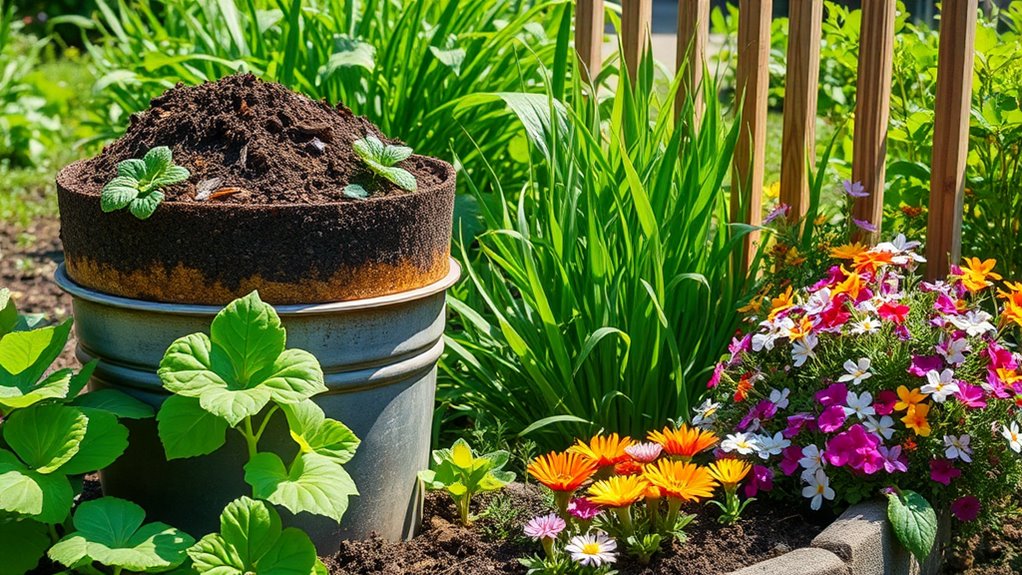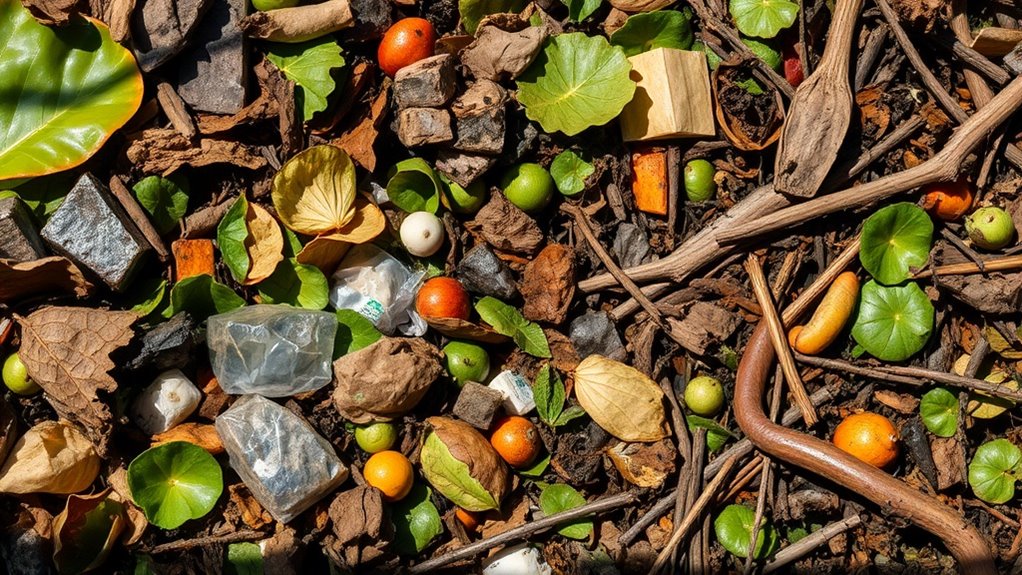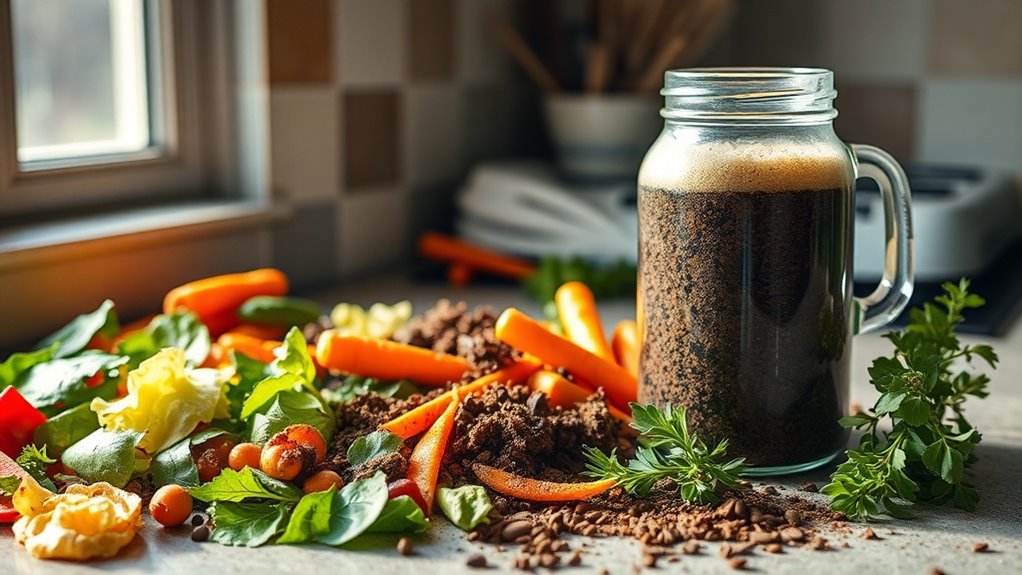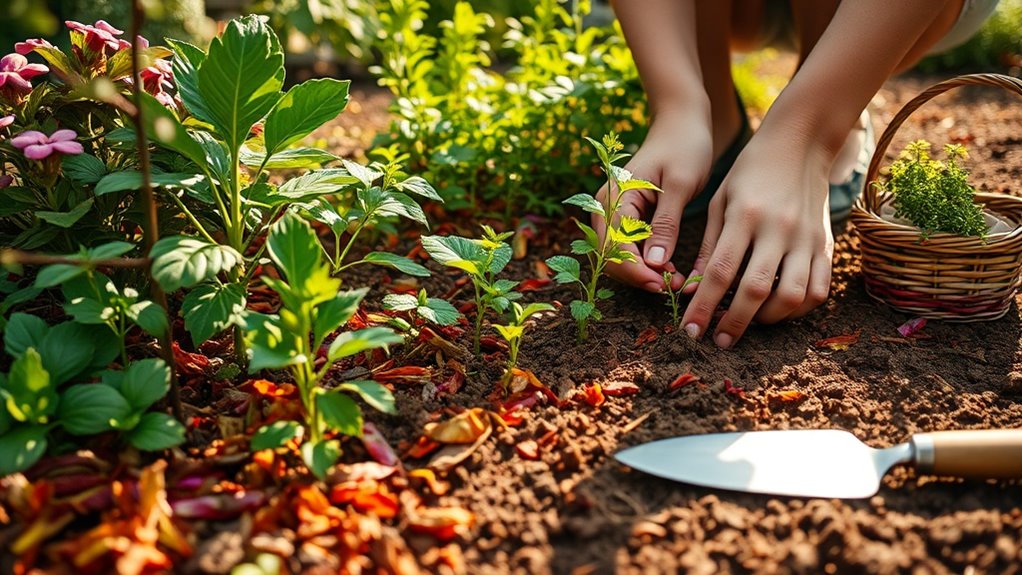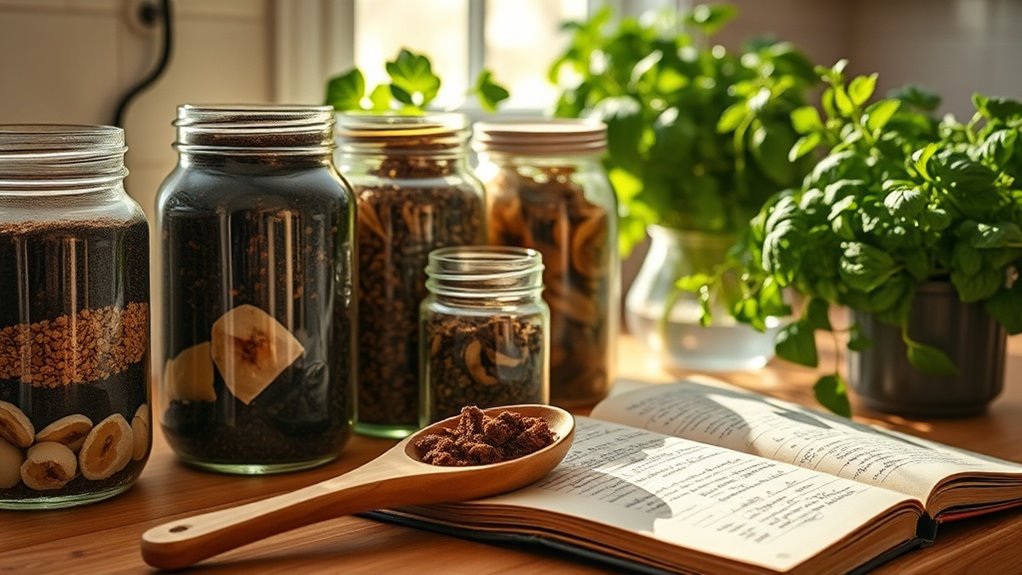I Started Composting in a Bucket-Now My Plants Are Thriving
Isn’t it a coincidence that so many people throw away their kitchen scraps without realizing their potential? If you’ve ever considered composting, using a simple bucket can transform your waste into a fertile treasure for your plants. By harnessing the right materials and maintaining the proper conditions, you can boost your garden’s growth significantly. Curious about how to get started and what secrets lie in keeping your compost thriving? Let’s explore this rewarding journey together.
The Benefits of Composting for Plant Growth
When you start composting, you’re not just reducing waste; you’re also giving your plants a nutrient-rich boost that can transform your garden.
Using a compost bucket allows you to easily collect kitchen scraps and yard waste, breaking them down into valuable organic matter.
This rejuvenates your soil, encourages beneficial microorganisms, and enhances plant growth, ultimately leading to a thriving and vibrant garden. Additionally, implementing techniques to accelerate compost decomposition can significantly shorten the time it takes to produce rich compost.
Choosing the Right Bucket for Composting
To maximize the benefits of composting, selecting the right bucket is key.
Look for a sturdy container with a lid to keep odors in check and pests out. A five-gallon plastic bucket works well, but make sure it’s food-safe. Additionally, consider buckets with air holes for ventilation to speed up decomposition. Your choice can directly impact the success of your composting efforts! Adding a compost bin design that incorporates drainage will help prevent excess moisture buildup and further enhance the composting process.
What to Add and What to Avoid
Composting thrives on the right mix of materials, so knowing what to add—and what to avoid—is crucial for success.
To create a productive compost, include these items:
- Vegetable scraps and fruit peels
- Dry leaves and small branches
- Coffee grounds and eggshells
Avoid adding meat, dairy, and oily foods, as they can attract pests and create odors.
Remember, using green and brown materials in the right balance will help speed up the composting process and reduce odors.
Happy composting!
Tips for Maintaining Your Compost Bucket
Maintaining your compost bucket is essential for creating nutrient-rich compost and preventing unpleasant odors.
Stir the compost regularly to aerate it and speed up decomposition. Aim for a balanced mix of greens and browns to optimize breakdown. Additionally, composting in urban spaces can be an effective solution for reducing waste while enriching your plants.
Keep the bucket covered to minimize pests, and check moisture levels; it should feel like a damp sponge. Adjust as needed to ensure healthy composting conditions.
Applying Compost to Enhance Your Plants
Applying compost to your garden can significantly boost plant growth and health.
By enriching your soil, you’re providing essential nutrients that plants thrive on. Homemade fertilizer from kitchen scraps is an excellent way to enhance the nutrient profile of your compost.
Here’s how to effectively use compost:
- Mix it into the soil before planting
- Use it as a top dressing around established plants
- Brew compost tea to nourish plants directly
Start applying compost today, and watch your plants flourish!

